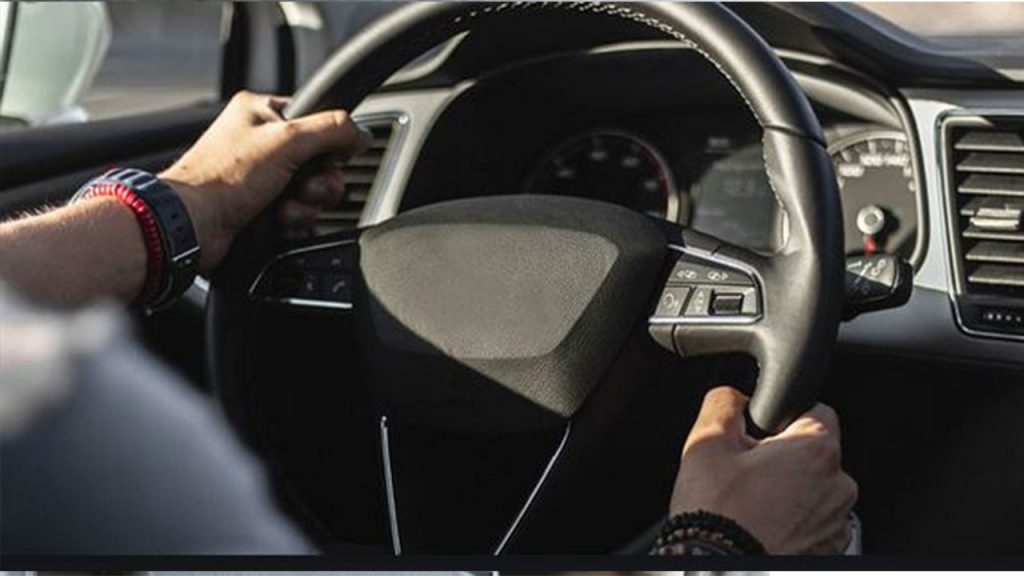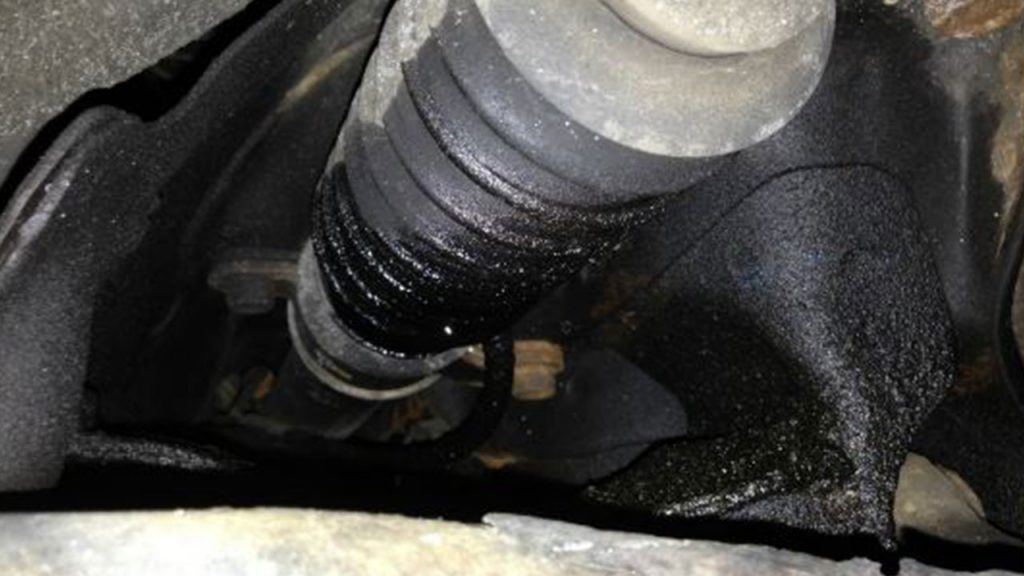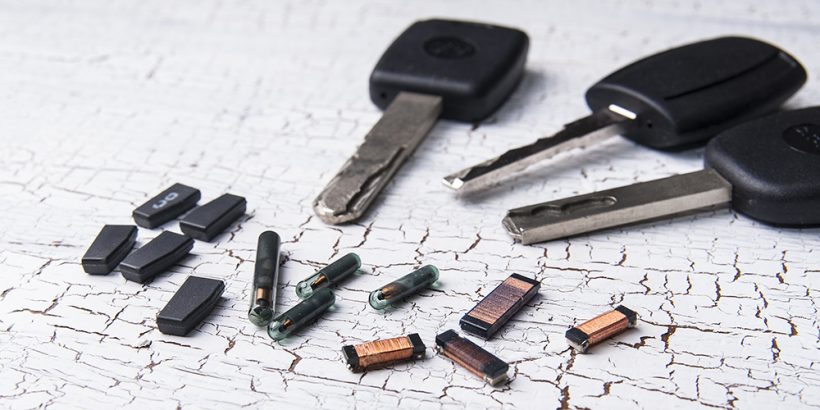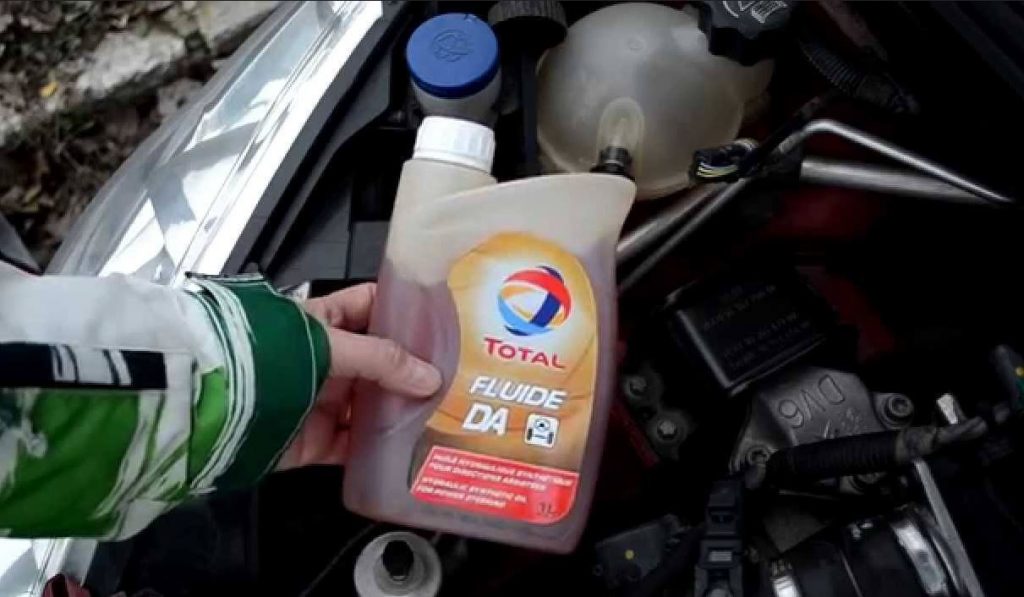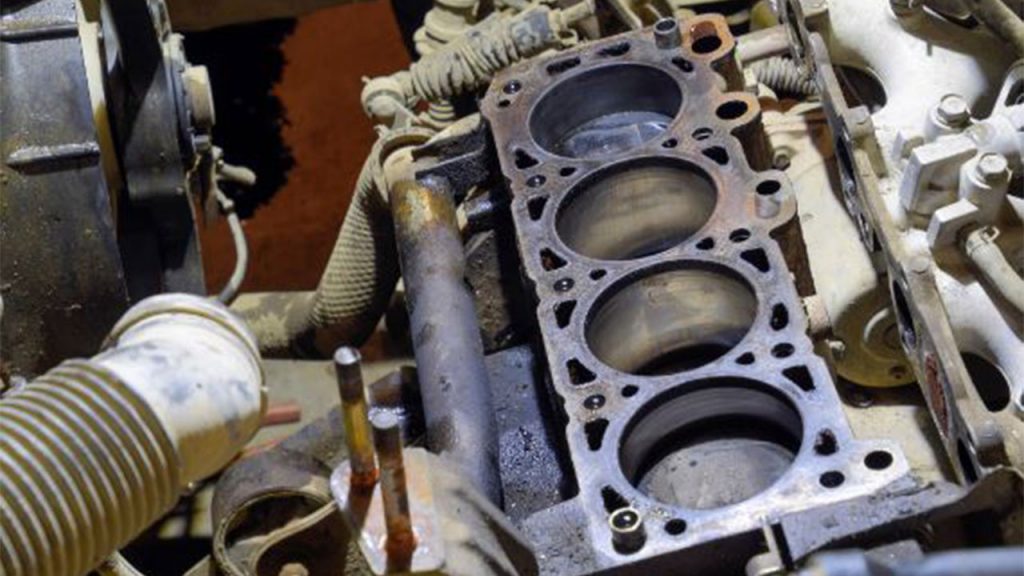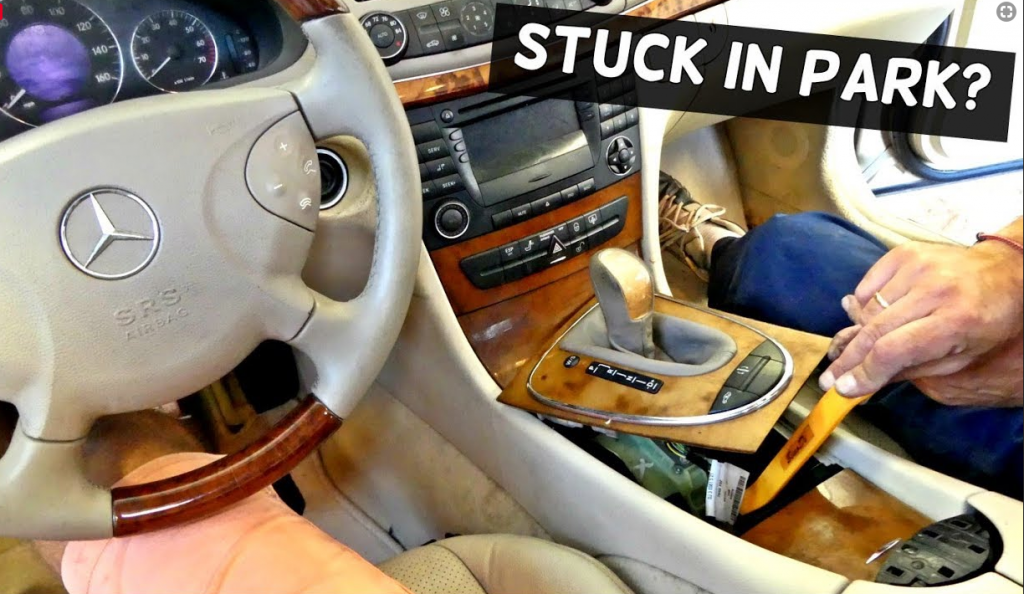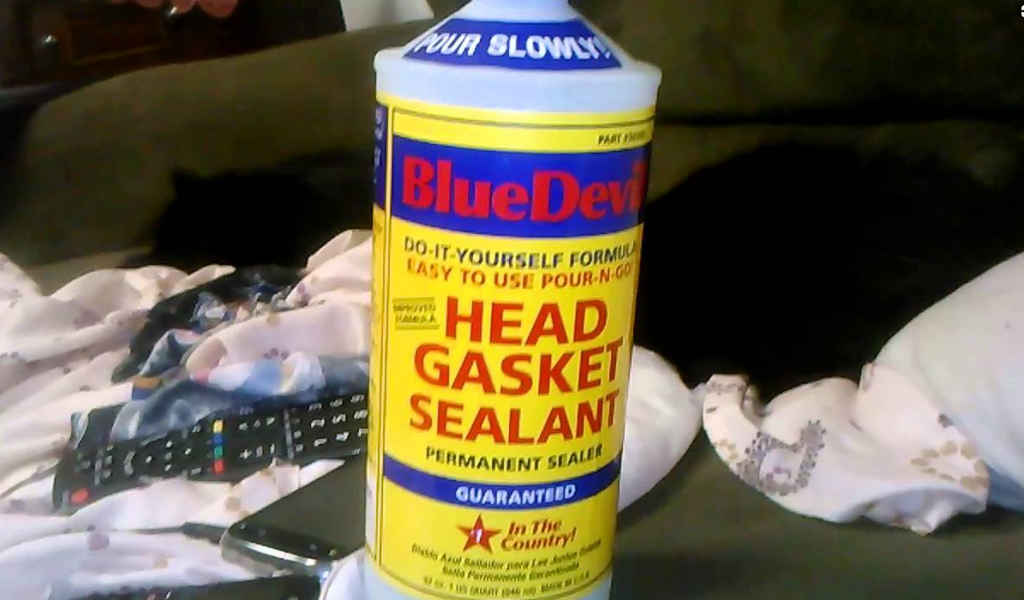Last updated on August 3rd, 2023 at 08:47 am
If your car shakes while you accelerate, it could be due to various problems. Often, the origin of the vibrations is a relatively minor issue that, if not addressed quickly enough, can lead to a much larger failure. When a car shakes while driving, it can imply something different than when it shakes while stopped.
Why Does My Gas Pedal Vibration At High Speeds?
Among other reasons that may cause Gas Pedal Vibration At High Speeds, is an imbalanced tire. This leads your automobile to rattle constantly and becomes worse at higher speeds (s). One of the sticky wheel weights may have also fallen off. It is advised that you have your tires rebalanced by an experienced mechanic.
Unbalanced tires may cause your car to shake when driving if you recently had new tires. The weight of a tire will never be the same all the way around when it is mounted on a wheel. A tire installer may set the tire and wheel assembly on a balancing machine and add small wheel weights to the rim at specific points to achieve perfect balance. You may want to read this too: What Are The Gas Pedal And Brake Pedal Differences
Humming Noise And Vibration In The Gas Pedal
The wheel bearings or an axle shaft problem are most likely to blame for a humming/grinding sound when accelerating. To check for movement, jack up the automobile and grasp the tire at 12 and 6.
If you can get someone to keep an eye on the backside of the tire to see what’s going on, it will assist. Physical damage, such as cuts or splits, should be looked for in the boots. You can also carry out the following countermeasures:
- Blanching the wheels
- Inspect the front wheel rim for any damage.
- Examine your driving shaft as well as steering joints
- Keep an eye on your suspension
In the case of CV issues, look for CV grease strewn about from a ripped boot. Twist the shaft in one hand and the joint housing in the other. Play should be minimal to non-existent. Because the inboard joints are floating, some axial movement is expected.
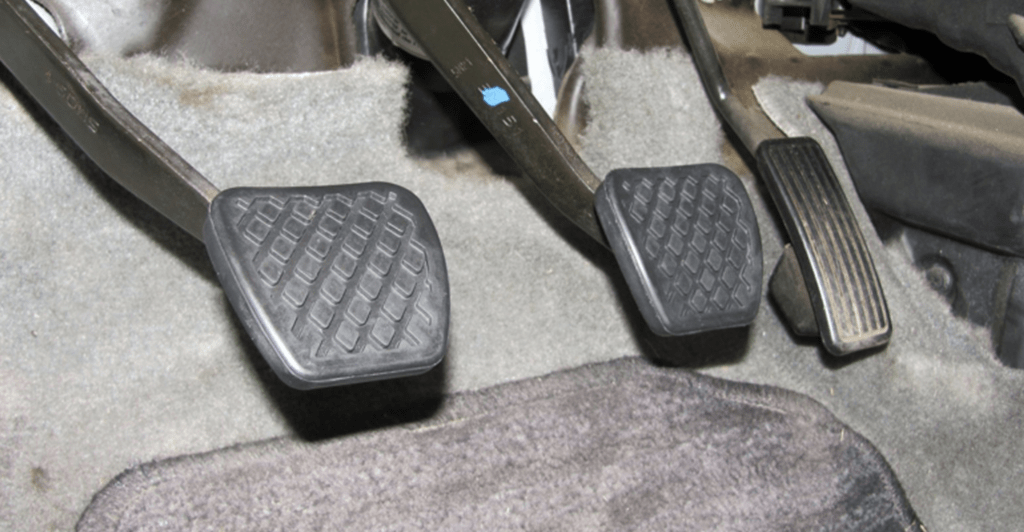
Causes Of Slight Vibration In Gas Pedal When Accelerating
1. Spark Plugs That Have Seen Better Days
Dirty or fouled spark plugs can cause vibrations and even engine acceleration. While the issue is most noticeable while the automobile is stopped, it can also cause the vehicle to vibrate while travelling.
If you don’t remember when you got a replacement for your spark plugs, now might be the best time. If you remove one and notice many dark collections on the tip, the rest of your spark plugs are probably ruined.
2. Lug Nut (Loose)
One of your wheels may be loose. The lug nuts that hold your wheels to your automobile might come free at any time, causing the wheel to wobble on the hub while the car is moving. Pullover and tighten the lug nuts using your vehicle’s spare tire kit if you notice a problem. Pullover and tighten the lug nuts using your vehicle’s spare tire kit if you notice a problem.
Related Article: 27 Best Auto Mechanic Schools Near Me Here In U.S. & Canada
3. Inner CV Joint Damage
Each axle has a CV joint at the end of it. If the inner CV joint is cracked or deteriorating, your vehicle will rattle under fast acceleration. Tiny vibrations create violent shaking when they worsen under stress. A tear in the joint boot most commonly causes a CV joint injury. Water and dirt get inside the boot when this happens, contaminating the oil that protects the splines within.
4. Tires that aren’t balanced
Unbalanced tires may cause your car to shake when driving if you recently had new tires. The weight of a tire will never be the same all the way around when it is mounted on a wheel.
A tire installer may set the tire and wheel assembly on a balancing machine and add small wheel weights to the rim at specific points to achieve perfect balance. While the tire rotates, any slight weight imbalance will generate a mild vibration.
Tire balancing is sometimes provided free of charge. When you purchase tires from a store, they may include free balance and rotation. Even if you have to pay, the job should only be around $20.
5. Worn out input shaft bearing
A failed input shaft bearing in the transmission can also generate humming noise, which will be heard under the car; the higher the speed, the stronger the hum and vibration.
This problem is simple to diagnose; shift gear to neutral while driving, and if the humming noise stops, the input shaft bearing is destroyed, and you should have it replaced at an auto shop because it is a difficult job.
Reason For My Car Vibration At 70-80 Mph
In a case where your car shakes when you drive over 70 mph, you may have worn CV joints or a more serious engine issue. Inner CV joint problems are most common during severe acceleration and large loads. It could be a mild vibration or a violent shaking depending on how bad it is.
In addition, out-of-balance tires are a common occurrence. Metal weights are used to balance the tires. Weights can be lost over time. Another issue could be that one of the tires is broken and has a cable separation, causing vibration and possibly resulting in a tire blowout. A tire inspection will rule out an issue with the tires.
Why Is There Vibration In The Gas Pedal At 60 Mph?
The most typical cause of a car shaking and vibration on the gas pedal 60 MPH is a problem with the tires. The shaking begins at roughly 50-55 miles per hour (mph). It gets worse at about 60 mph before improving at higher speeds.
A balding or unevenly worn tire, or an imbalanced wheel, could be the source of the problem. Something as simple as a bent arm, as you stated, could be the cause. Finally, start with the most fundamental possibilities. The steering wheel may shake if your tires are out of alignment.
What Is The Cause Of Gas Pedal Vibration At Low Speed?
In this case, the engine mounts may be faulty. Loose or faulty engine mounts could cause your automobile to shake even while driving at a modest pace.
This can happen if even one motor mount breaks, putting additional strain on the remaining mounts. Vibration during acceleration can be reduced by replacing defective motor mounts.
What Is The Reason For The Gas Pedal Vibration At Idle?
Typically, a vehicle will vibrate if it is idling rough. Rough idling of the engine is indicated by unusual vibrations in the car, strange noises, bouncing, and idling below 600 RPMs. Make a point of observing all of these indicators.
If you’re experiencing these symptoms, a car component has failed or is likely to fail. You may have to pay for pricey repairs if you exhibit neglect. When idling at ideal levels, a car’s engine rattles. When your car is in motion, tiny vibrations are caused by the transmission gears, the crankshaft rotation, and other components. However, excessive vibration indicates that the engine is malfunctioning when the automobile is idle.
Conclusion
Many of the “causes” mentioned in this article are major safety concerns that can harm the vehicle’s overall health.
Taking your car to a reputable mechanic is best to determine why it vibrates when you accelerate.
By doing this, you can accurately pinpoint the cause of the vibration and ensure that it’s appropriately fixed. How Do Mechanics Remove Grease From Hands?



